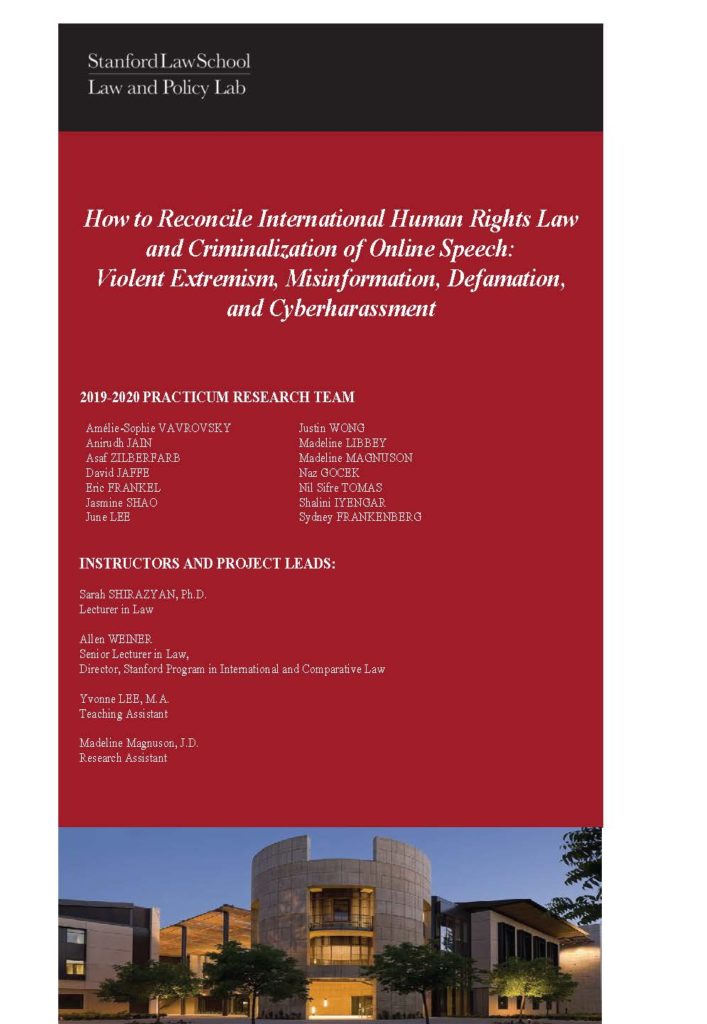Supporting INTERPOL’s Efforts to Combat Transnational Crime (805Z)
Today, the international community faces increasingly complex security challenges arising from transnational criminal activities. Effective international cooperation among national law enforcement authorities is critical in combatting cross-border threats like terrorism, organized-crime, and cybercrime. INTERPOL—the world’s largest international criminal police organization—assists and closely works with its 194 member countries to counter these threats by facilitating cross-border police cooperation on a global scale. This is accomplished by facilitating the sharing of sensitive law enforcement information among member countries through INTERPOL’s secured global network I-24/7, as well as allowing them access to eighteen INTERPOL specialized databases including millions of records on stolen and lost travel documents, fingerprints, DNA, firearms, stolen motor vehicles, etc. In addition, INTERPOL provides member countries with criminal intelligence analysis products and ad-hoc investigative support, and coordinates cross-border multi-stakeholder operations targeting criminal phenomena such as foreign terrorist fighters, drugs, illicit trafficking, human smuggling and exploitation, etc.
Within the framework of this project, research teams work directly with senior INTERPOL officials to review and analyze legal, legislative and other relevant developments in emerging crimes such as those related to on-line activity. The goal is to provide a resource upon which INTERPOL may draw when assessing whether data complies with its Constitution and rules on the processing of data. Graduate students from law, business, international policy, communications, computer science, and other relevant programs are encouraged to apply.
Clients & Deliverables
Client: INTERPOL, https://www.
Deliverables:
- Client briefing
- Policy Report: How to Reconcile International Human Rights Law and Criminalization of Online Speech: Violent Extremism, Misinformation, Defamation, and Cyberharassment



